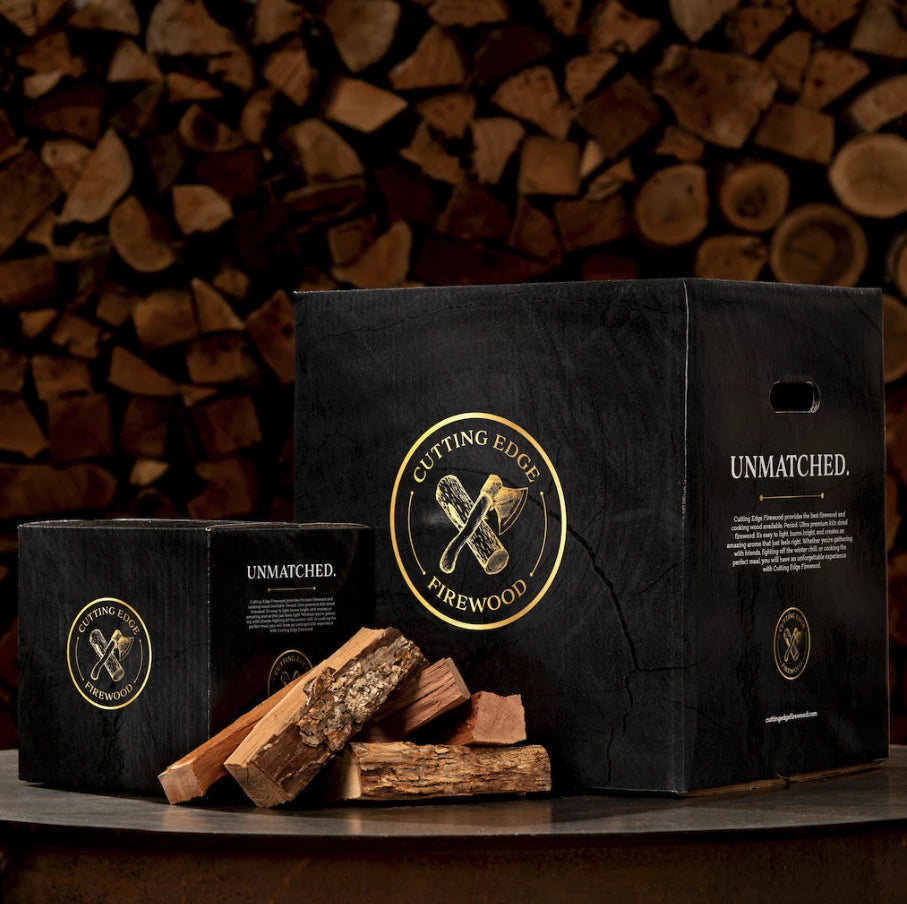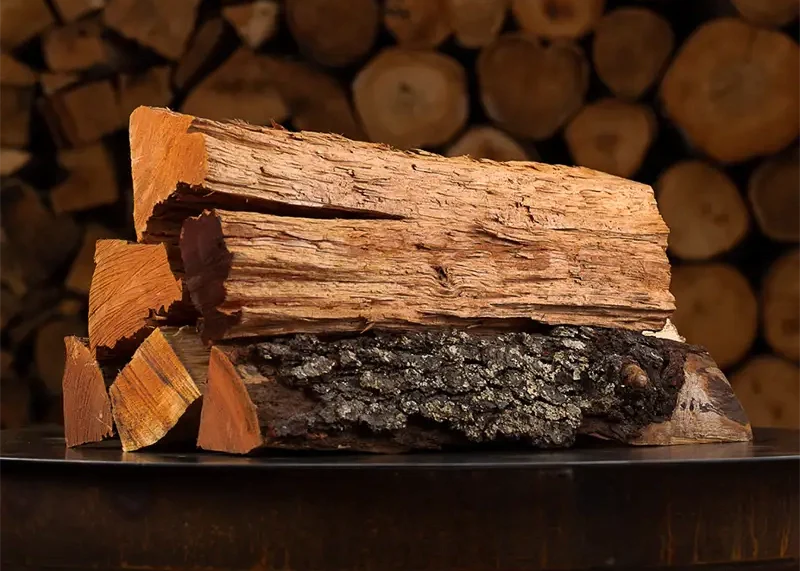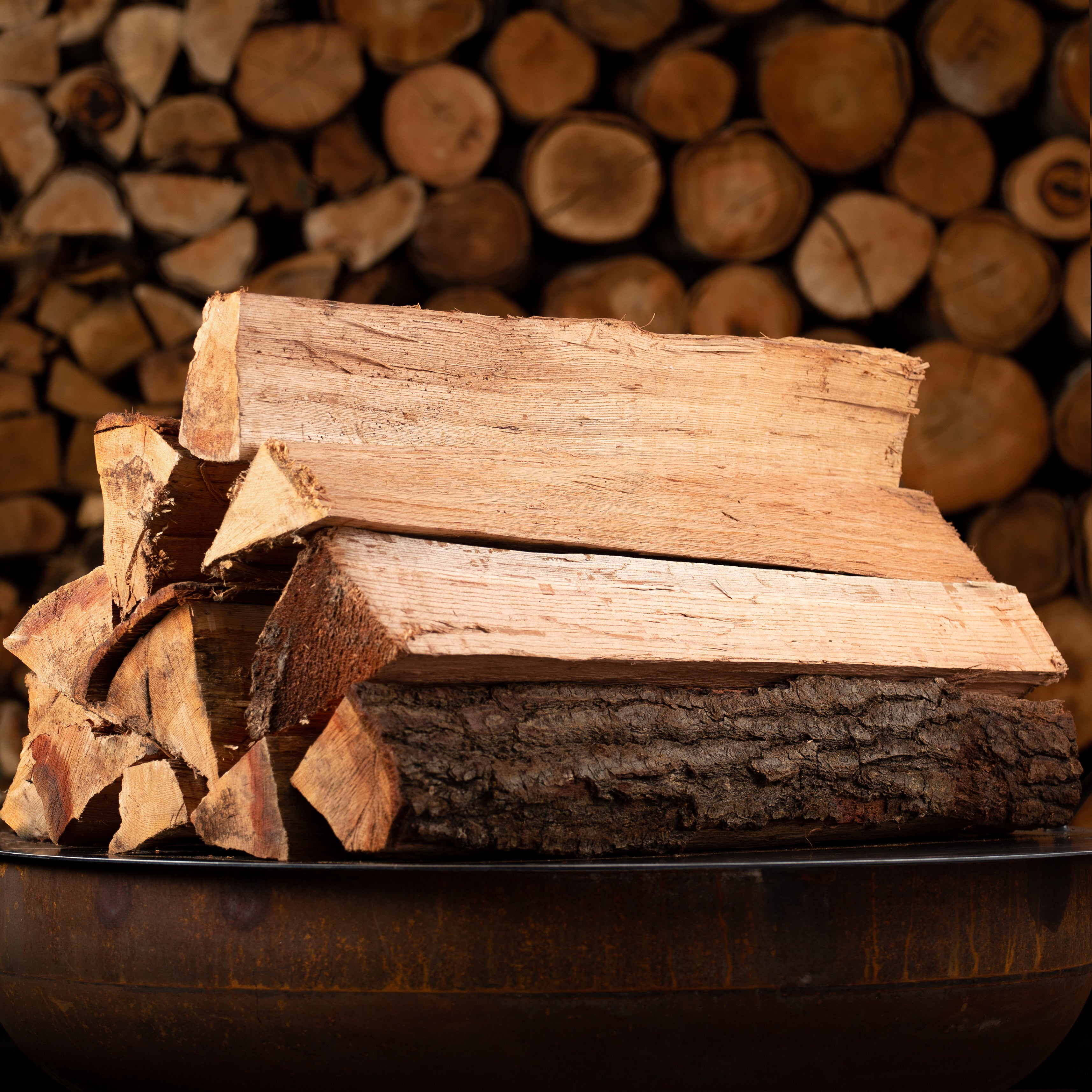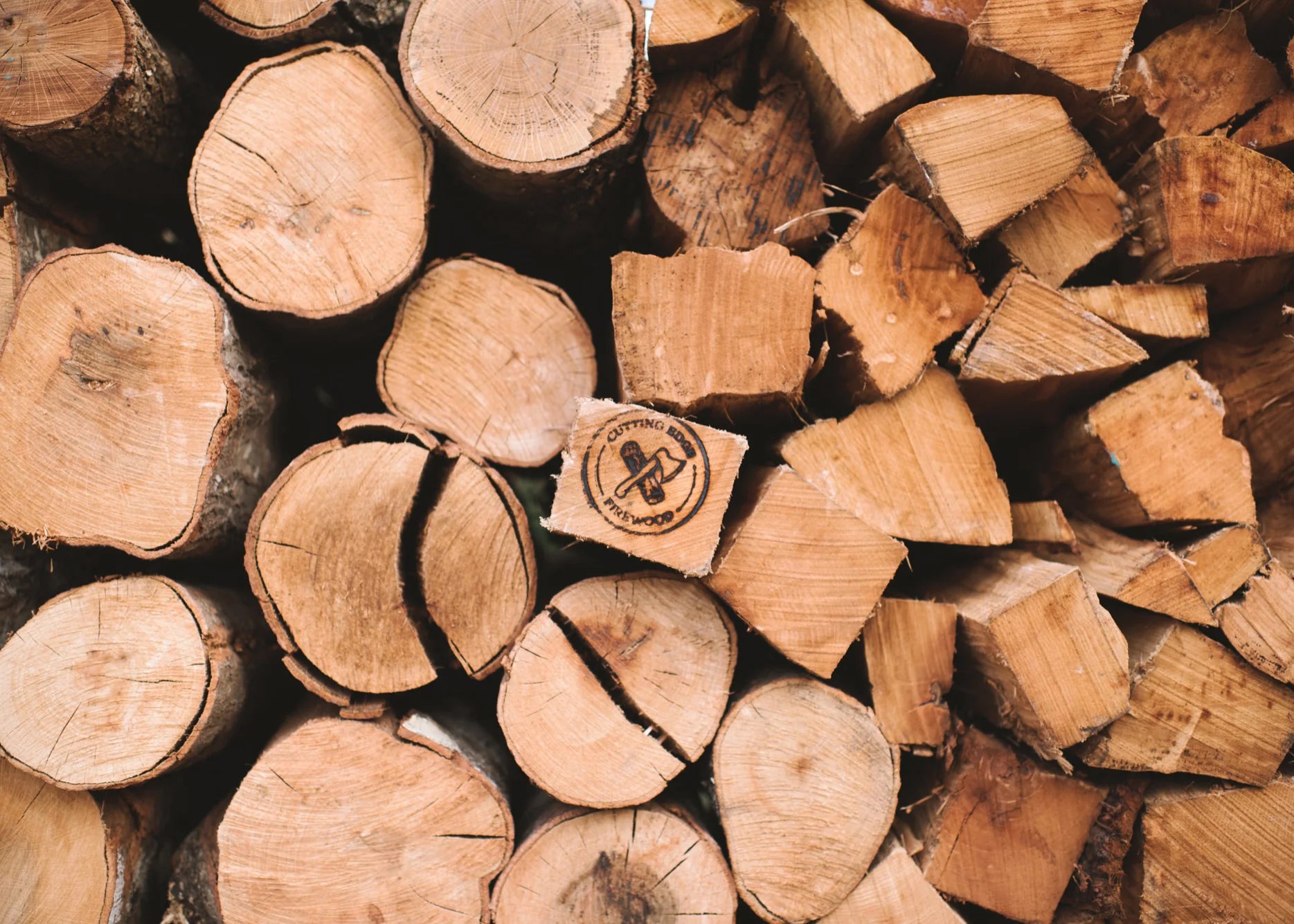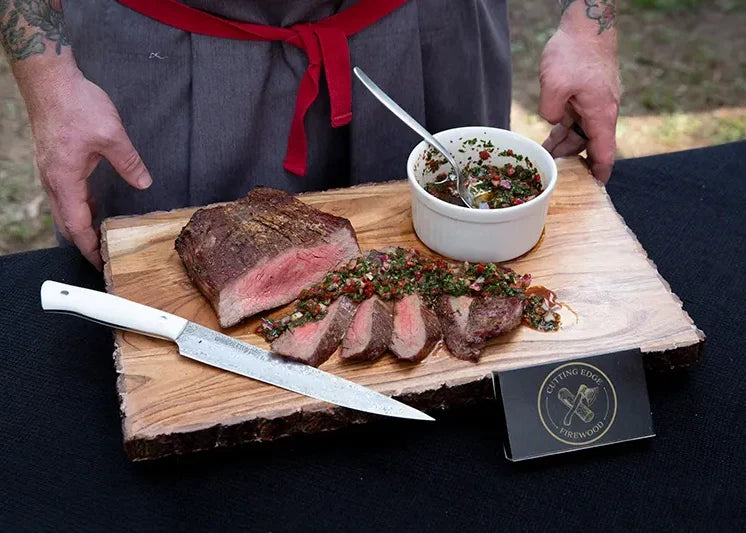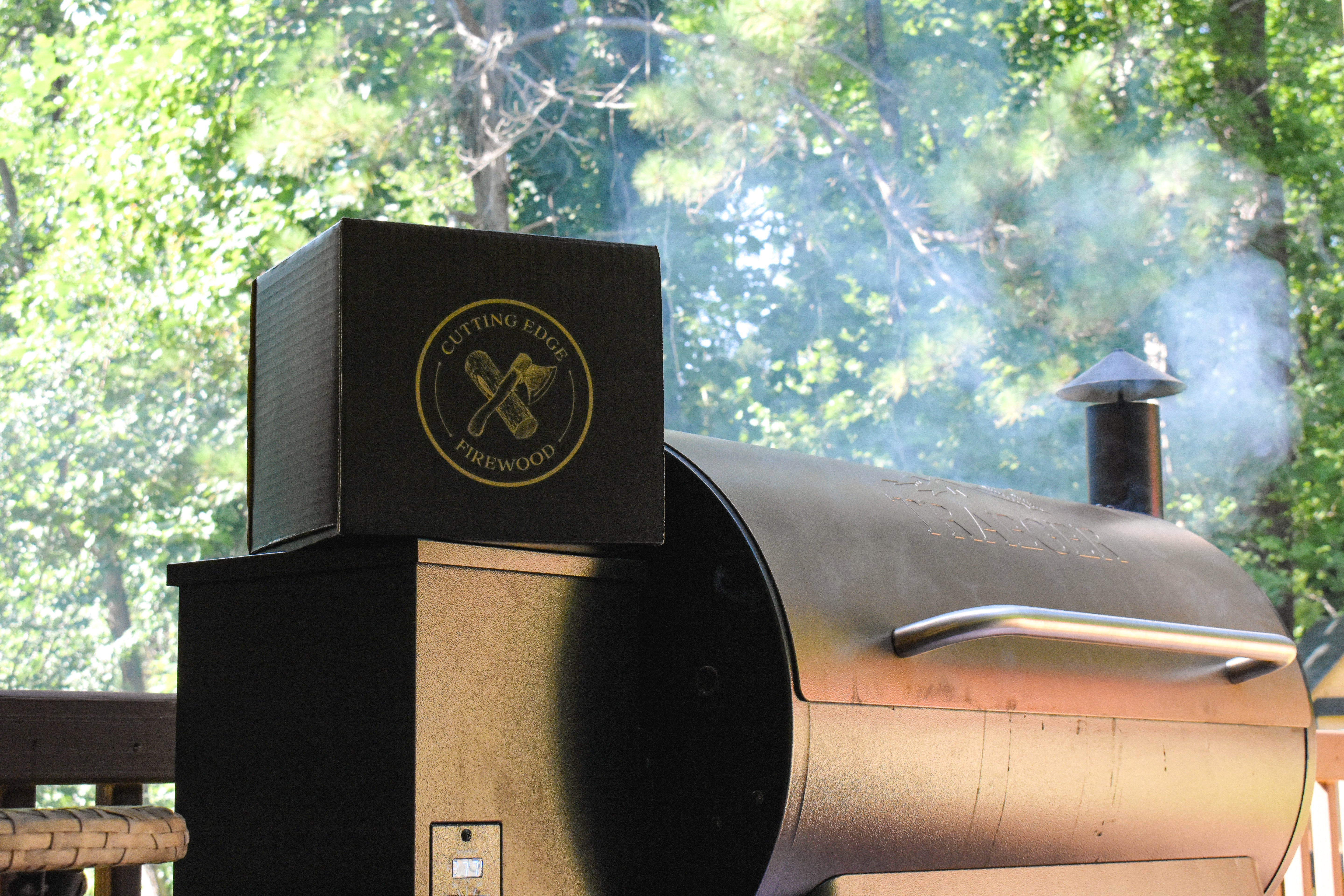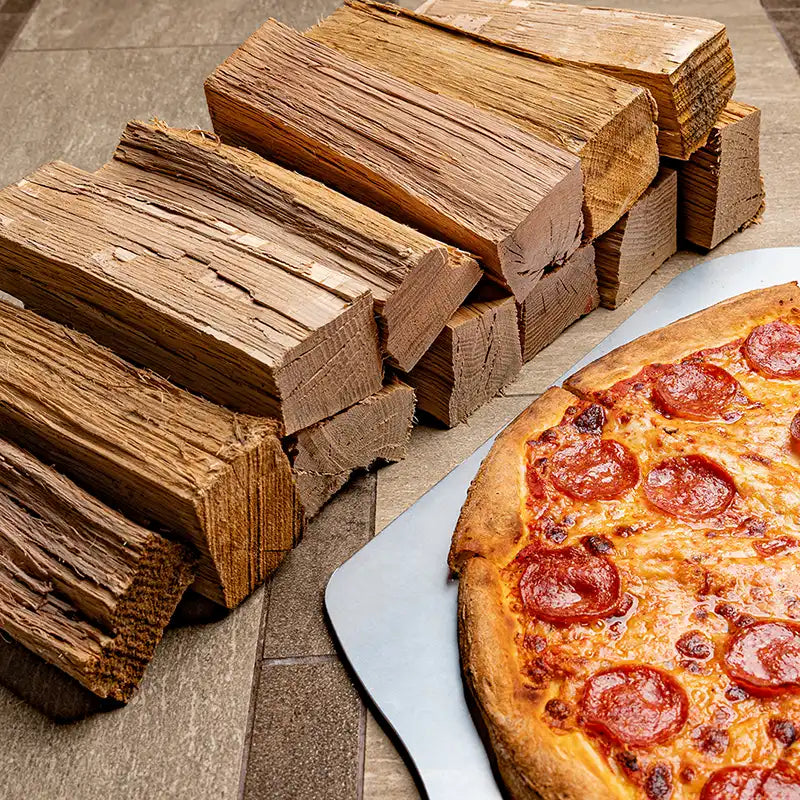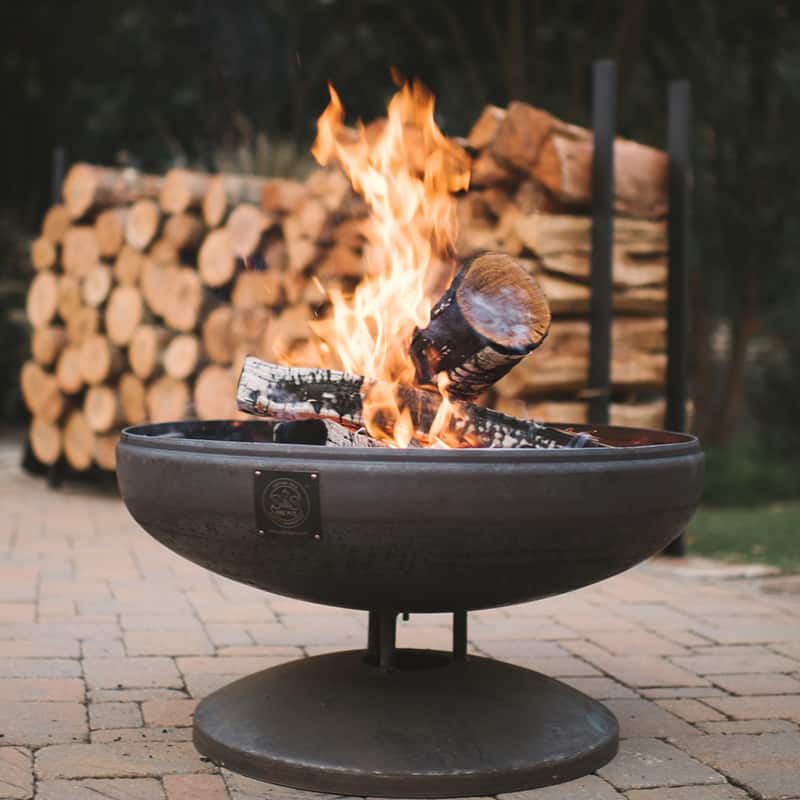Smoking is the preferred cooking method for meat by many seasoned and experienced pitmasters. When compared to grilling, smoking typically offers better flavor and increased tenderness. Whether you're cooking steaks, ribs, pork chops, fish, chicken or a brisket, you can't go wrong with smoking. But if you're planning to smoke meat, you'll need to take precautions to prevent it from drying out.
Use Indirect Heat to Smoke Your Meat
When smoking meat, use indirect heat to achieve a low temperature and, therefore, prevent your meat from drying out. This is actually a defining characteristics of smoking. While grilling involves direct heat for a short period, smoking involves indirect heat for a longer period. If you place your meat directly over the coals, it may cook too quickly, resulting in less moisture.
To smoke meat using indirect heat, place it on an area of the cooking grate that's not directly over the coals. You can either use an offset smoker, or you can create two separates zones in your smoker: one for the charcoal and another for the smoking chunks. If you choose the latter option, place your meat over the smoking chunks. The smoking chunks shouldn't burn. Instead, they'll smolder at a lower temperature than the charcoal, allowing you to slow cook your meat without drying it out.
Marinate Your Meat Before Smoking It
Marinating your meat for 24 hours will help prevent it from drying out. Just fill a large casserole dish or bowl with your preferred marinade -- you can use any combination of water, vinegar, juice and seasoning -- and submerge your meat at the bottom. After allowing your meat to soak for 24 hours, you can then proceed to smoke it. The marinade will add flavor to your meat while also keeping it moist. As your meat soaks in the marinade, it will absorb some of the flavorful juice.
Alternatively, you can brine your meat before smoking it. Brining is similar to marinating, as both culinary processes involve soaking meat. The difference, however, is that brining specifically involves the use of saltwater solution known as brine. Both marinating and brining will add moisture to your meat, so it's less likely to dry out when smoked.
Use More Smoking Chunks and Less Charcoal
The ratio of wood chunks for smoking to charcoal you use will affect the moisture of your smoked meat. It's not uncommon for pitmasters to use both charcoal and smoking chunks to smoke meat. The charcoal provides the heat, whereas the smoking chunks provide the flavor. If you use an excessive amount of charcoal, though, it will increase the internal temperature of your smoker, which may cause your meat to dry out.
To keep your meat from drying out, add a large pile of smoking chunks and a small pile of charcoal. If your smoker isn't getting hot enough, you can add a few more pieces of charcoal to it. Just remember to follow the "less is more" approach when adding charcoal to your smoker. You want to keep the temperature low so that your meat will cook slowly. Using too much charcoal will result in an excessive hot cooking environment that dries out your meat.

Add a Bowl or Pan of Water to Your Smoker
Another tip to prevent your meat from drying out is to add a bowl or pan of water to your smoker. Some smokers have a built-in pan or tray that's designed specifically for water. Even if your smoker lacks this feature, you can still add a bowl of water to it. The water from the bowl or pan will gradually evaporate. As the temperature of your smoker increases, the water will evaporate out of the bowl or pan. When this happens, some of the airborne moisture particles will land on your meat to keep it moist.
Of course, you'll probably need to refill the bowl or pan with additional water as your meat cooks. Every half-hour or so, check your bowl or pan to see if it's low on water and, if necessary, refill it. By keeping the pan or bowl full of water, your meat is less likely to dry out. At the same, a water-filled bowl or pan will help regulate the internal temperature of your smoker to achieve a uniform cooking environment.
Wrap Your Meat in Aluminum Foil
Depending on the type of meat you are smoking, wrapping it aluminum foil may help keep it moist. When meat is wrapped in aluminum foil, most its moisture will remain trapped inside. Granted, some moisture may inevitably escape through the cracks of the aluminum foil, but most will stay inside the meat.
So, if you're worried that your smoked meat will be dry, try wrapping it in aluminum foil. The key thing to remember is that you need to completely cover the meat with aluminum foil to minimize the loss of moisture. If any part of your meat isn't covered in aluminum foil, it will lose moisture through that area.
It's also important to remember that you shouldn't wrap your meat in the foil until after a couple hours of smoking. Not only does foil keep the moisture in, but it also prevents the incredible smoke flavor from getting in. So start with no foil, then wrap it after the meat has had time to take on the smoke flavor.

Allow Your Meat to Sit After Smoking
After your meat has finished smoking, let it sit for three to five minutes before serving and consuming it. Why is this necessary? Well, if you cut into your meat immediately after removing it from the smoker, the juices will escape. When meat cooks, the juices typically settle in the middle of the meat where it's the coolest. Therefore, cutting or prodding your meat too soon will cause these juices to escape from the center.
You can still cut your meat, but you should let it sit for three to five minutes at room temperature first. After removing your meat from the smoker, place it on your kitchen counter. Once three to five minutes have passed, the juices should have evenly expanded throughout the meat, in which case you can cut into it without losing a substantial amount of moisture. You'll now have juicer, more flavorful smoked meat.
Does Soaking Smoking Chunks in Water Help?
Some pitmasters soak their smoking chunks in water before adding them to their smoker, believing that it will help prevent their meat from drying out. Unfortunately, though, this isn't the case. Soaking your smoking chunks in water isn't necessarily bad, but it's not beneficial either. All types of wood, including smoking chunks, don't easily absorb water. Even if you soak your smoking chunks for 48 hours or longer, it won't have any noticeable affect on their moisture content. Most of the water will remain on the surface of your smoking chunks from which it quickly evaporates when exposed to heat.
The bottom line is that soaking your smoking chunks in water won't prevent your meat from drying out. To keep your meat moist while smoking, follow the other tips listed here. Cooking over indirect heat, marinating, using a high ratio of smoking chunks to charcoal, wrapping in aluminum foil, and allowing your meat to sit for three to five minutes will help to keep it moist.
For the best quality smoking chunks, visit our online store today. Cutting Edge Firewood offers a variety of high-quality smoking chunks, including white oak, hickory, cherry, pecan and whiskey, all of which will allow you to smoke delicious meat.

